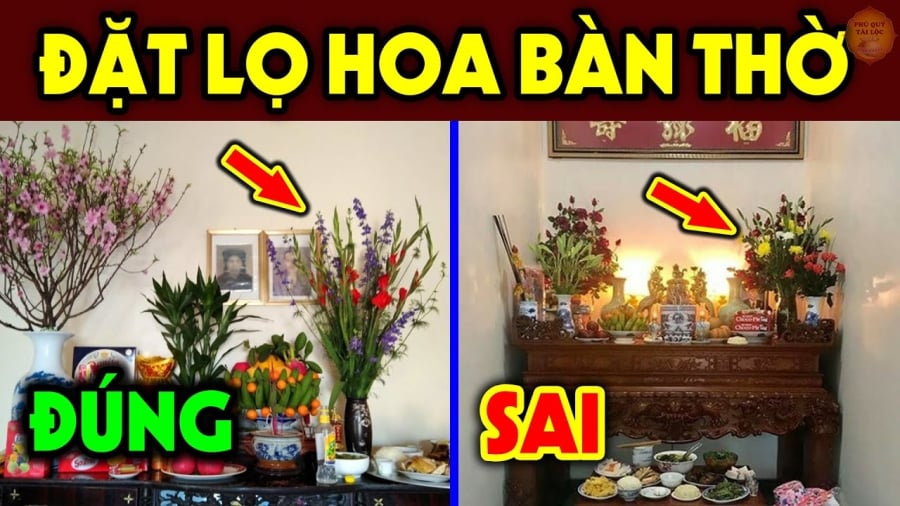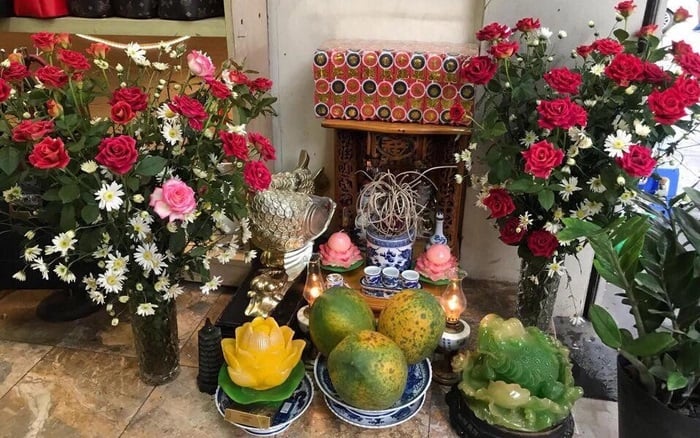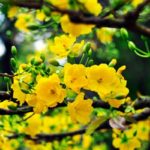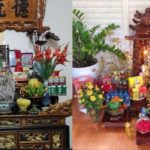Flowers to avoid putting on the altar to avoid losing luck
Fake flowers
Artificial flowers, silk flowers, plastic flowers should not be used on the altar. Worship requires sincerity, and the altar needs vitality, so it is not good to display fake flowers. If you put fake flowers on the altar, it lacks sincerity, and then the lack of vitality of the leaves and plants. This directly affects the vitality of the altar.

Calla lilies
Many people do not worship calla lilies because they believe calla lilies represent farewell and separation. But some Feng Shui experts believe that the smell of calla lilies is heavy and can attract insects to the altar. Also, if you have limited space and put calla lilies on the altar, it will make the space stuffy.
Orchids
Orchids are beautiful flowers that many people buy to decorate the altar during Tet holidays, but they should not be used for worship because they have vibrant colors. In addition, the word “phong” is close in meaning to “romantic” and “liberal”, so not many people use them to put on the altar.
Chrysanthemums
You need to distinguish between chrysanthemum and yellow chrysanthemum for worship. Chrysanthemums are only used for decoration. When you smell it closely, it has a pungent smell. Feng Shui considers pungent and black smell as negative energy. Placing chrysanthemums in the worship area will reduce positive energy and be harmful to the altar.
Flowers to attract good fortune
Money tree
Money trees are often used during Tet holidays because they symbolize wealth and luck. Offering money trees to the God of Wealth will help the household succeed in business, have abundant wealth, and encounter many lucky opportunities. Besides, it also helps to dispel bad luck and bring good fortune to the household.
Red roses
Roses often have a light, pleasant fragrance and are suitable for offering on the altar. In Feng Shui, the color red symbolizes luck. If you choose red roses as the offering on the altar for the God of Wealth, the household will be blessed with wealth and success in business.

It is important to choose a suitable vase size, suitable for the area and the decoration of the living room to avoid causing aesthetic loss and clutter.
The information provided is for reference and should be considered as a personal opinion.


































